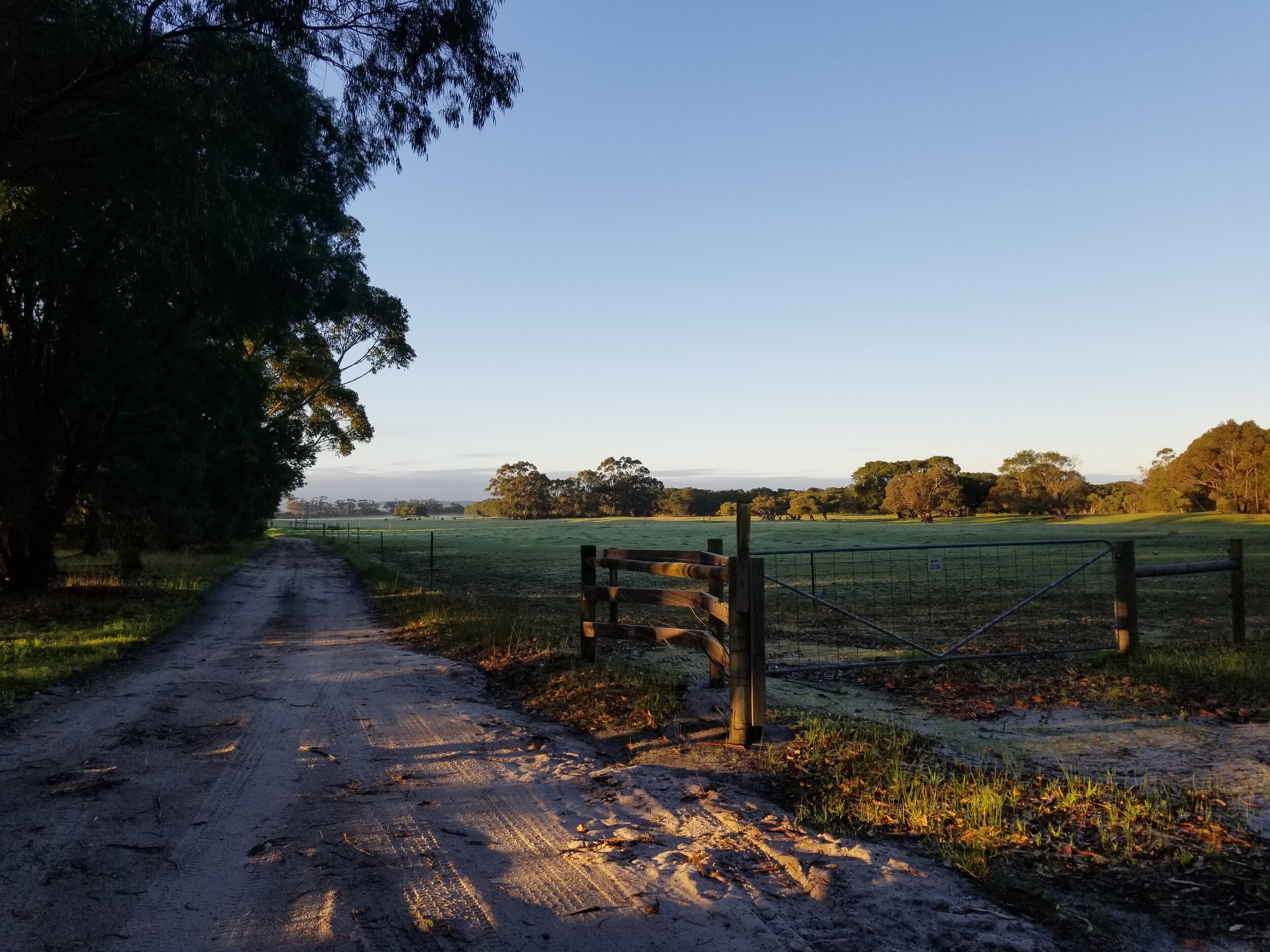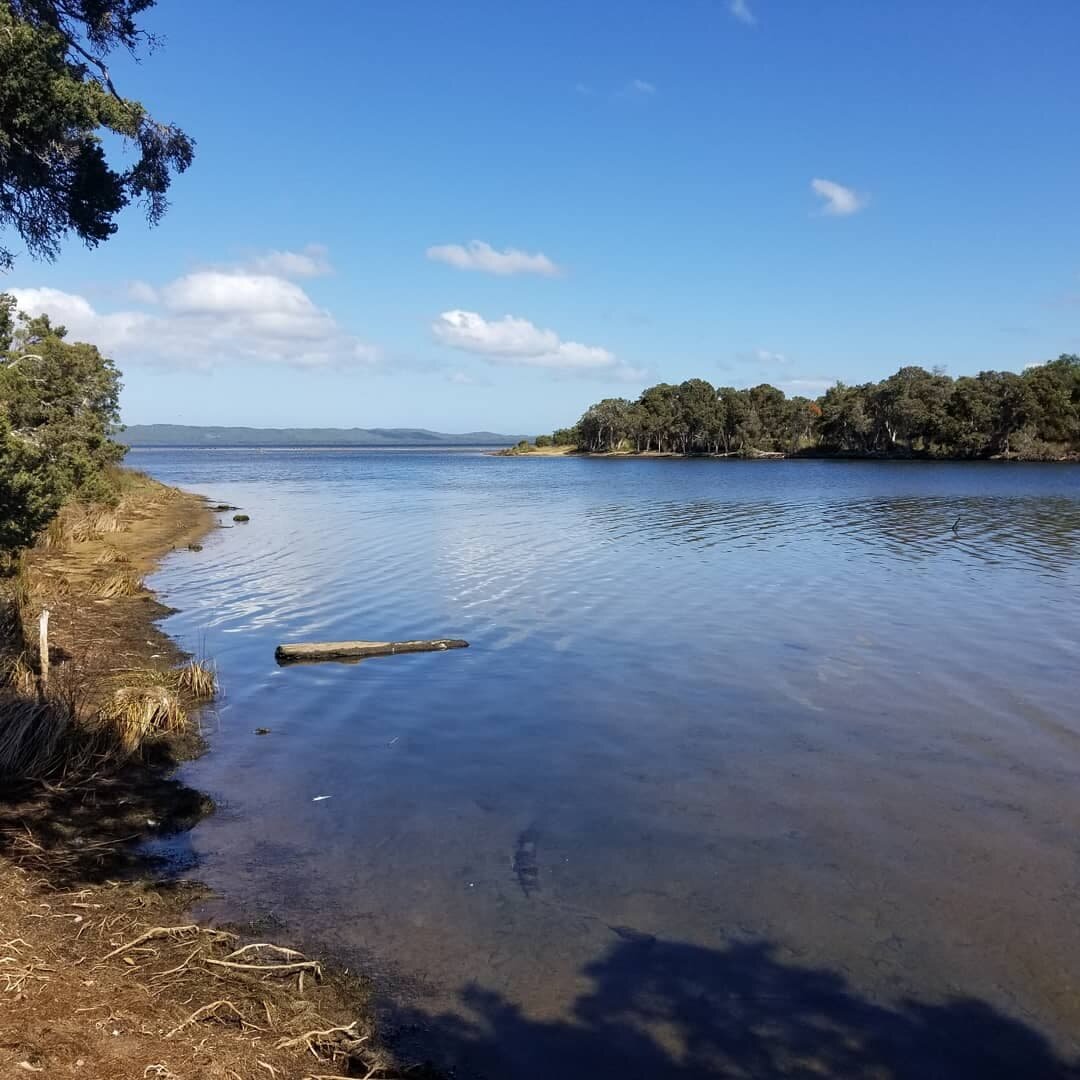Coping | IBD

In the first few months of this year, I watched in horror as my friends and relatives all over the world were forced into lockdown due to Coronavirus. Australia was lucky in that it took longer to get here, so we were somewhat prepared for what was to come. For the first time since my Crohn’s diagnosis, I started to feel very vulnerable in the world. I had to stop and think about what I did on a daily basis and how many people I came into contact with.
Prior to the pandemic, I was catching the train to work, then helping to coordinate workshops for up to 400 children a week. Australia hadn’t released any guidelines on what to do as an immunosuppressed person and when I called my IBD team, they told me to do things normally. I checked what was being advised in the UK and people on the same medication as me were supposed to go into isolation for up to 12 weeks. I made the decision to leave my workplace, my boyfriend and my cat behind and travel 500km south to the family farm.
It’s always a bit strange going back to where I grew up. When I was younger, I couldn’t wait to get away and experience city life. I thought that the small town I was from wasn’t big enough for me and my huge dreams (as you do when you’re 17). By the time I got to university, I only really came home at Christmas or when something had gone pretty wrong in my life. In 2016, I ended up having two surgeries within a few weeks of my Crohn’s diagnosis and I was forced to retreat to the farm to recover.
I spent several months that year feeling very small and defeated and I started to associate being at home with pain and illness. It meant that for a long time, I didn’t really want to go back there very often because it felt like a kind of failure. With hindsight, I can see that was very unfair on my family because they tried so hard to make that home a calming place for me. There’s no way I would have recovered as quickly as I did without their support, both in the past and today. So, this time, I went voluntarily.

I knew it was much safer for me to be there, with just my family, two cats and around 70 cows to keep me company. If I didn’t want to see anyone else, I didn’t have to. I could be cut off from society and construct a very quiet, protected existence for myself. On top of how vulnerable and nervous I was feeling in the city, I was also struggling at my job. Given IBD is largely invisible to others, it can be really difficult in a work environment to be understood and to feel appreciated. I ended up trying ridiculously hard to prove that I was capable of anything that my healthy colleagues were. I was doing overtime, not sleeping properly and not eating enough. I was putting everything into my job and leaving myself exhausted by the end of every working week.
Once I left the city, I found that I was finally able to step away from my hectic life and re-evaluate
everything in it. Was what I was doing making me happy? Was it really worth jeopardising the remission that I’d tried so hard to achieve? I had to admit to myself that things needed to change. That perspective allowed me to create a new routine on the farm. During isolation, I read more, I wrote more, I danced and sang and exercised and actually ate properly (thanks Mum)! I slept when I needed to and dedicated my time to recovering. I was finally living instead of just coping. It turns out my value as a member of society isn’t determined by my productivity and I don’t actually have to be busy all the time. I can take some space for myself and the world won’t collapse in my absence. With time and some reflection, my southern home has also turned back into my childhood paradise; an oasis of calm when everything else is in chaos. I’m allowed to take time to breathe and to readjust the parts of my life that aren’t working for me anymore. It shouldn’t take something as drastic as a global pandemic to shake me into change, but I’m really grateful that it has.

Amazing read! so down to earth, open and real! From one IBD sufferer to another this story and experience really hit home and was relatable on every level! I was grasped and engaged from the first to the last word! I can’t wait to read the follow on additions!